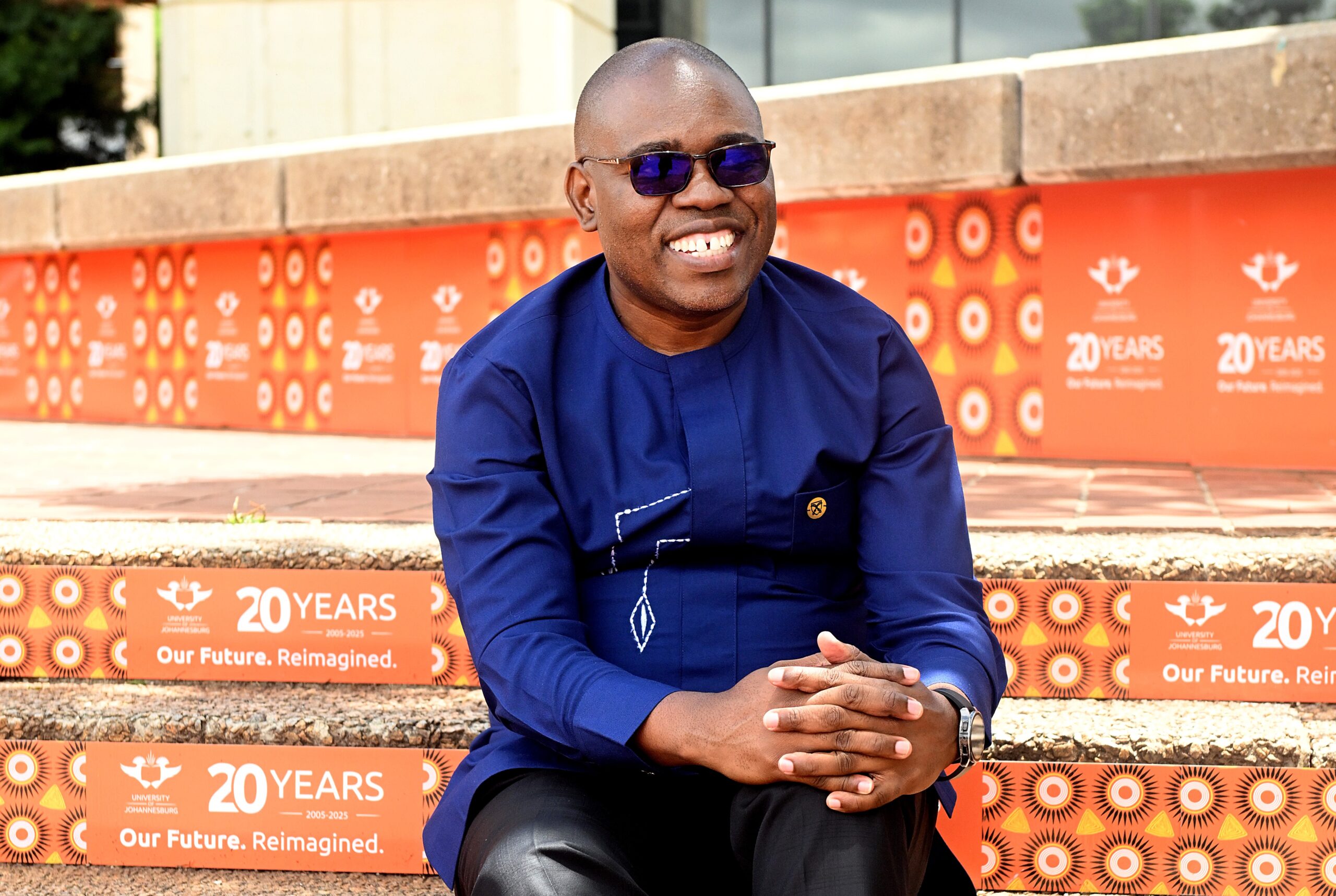The University of Johannesburg (UJ) brought industry, government and policy experts together for a dialogue and engagement session on the Fourth Industrial Revolution (4IR), held at the School of Tourism and Hospitality (STH) at the Auckland Park Bunting Road Campus, on Tuesday, 8 October 2019.
The discussion was another example of UJ’s convening function in support of knowledge transfer, networking and industrial cooperation and focused on the institutions 4IR initiatives and opportunities for collaboration between the government and industry leaders.
Professor Tshilidzi Marwala, UJ Vice-Chancellor and a leading artificial intelligence and Industry 4.0 expert, led the dialogue and noted that the core mission of higher education remains the same whatever the era.
”The goal of higher education is to guarantee quality of learning via teaching. Universities must ensure that students are given multidisciplinary education and have exposure across disciplines to embrace the changes this epoch brings with it for maximum human benefit,” said Prof Marwala.
The interchange hosted participants across all stakeholder groups including public and private sectors, civil society, students, academia and media. Some of the government stakeholders in attendance included:
- MMC for Development Planning Reuben Masango
- City of Johannesburg MMC of Public Safety, Cllr Yao-Heng Michael Sun
- MMC for Health and Social Development Dr Mpho Phalatse
- Deputy Director General, Mr Jacob S Mgidi (Institutional Development).
In his welcoming address, Prof Marwala stressed that innovation, knowledge sharing and multi-stakeholder partnerships are key for shaping the future of South Africa. He also noted that universities must produce knowledge that is commercialised. “As part of our global excellence and stature, we have developed institutes such as early childhood education because we believe education must be started as early as possible”.

Prof Marwala added that: “UJ has become the first university in the world to write a book of Artificial Intelligence (AI) for children. This book is called Artificial Intelligence and learning, and will be translated into local languages to contribute towards our children’s development.”
The dialogue called out to government on the need for a more agile approach to regulation, which supports innovation while protecting citizens and the environment.
One of the speakers, Prof Babu Sena Paul, the Director of the new Institute for Intelligent Systems (IIS), included in his opening remarks that big data is the new gold. “By 2025 global data will grow to 163 trillion gigabytes, therefore data resource need to be taken into consideration”.
“In order to fulfil our vision of driving the university’s industry 4.0 initiatives, IIS operates through three main facets – academic development, strategic research, and enterprise development. In its academic facet, the institute deals with the development of multidisciplinary taught and online programs for postgraduate qualification and continuing professional development, for the purpose of capacity building in the areas of machine learning, artificial intelligence, data science, Internet of Things (IoT),” explained Prof Paul.




